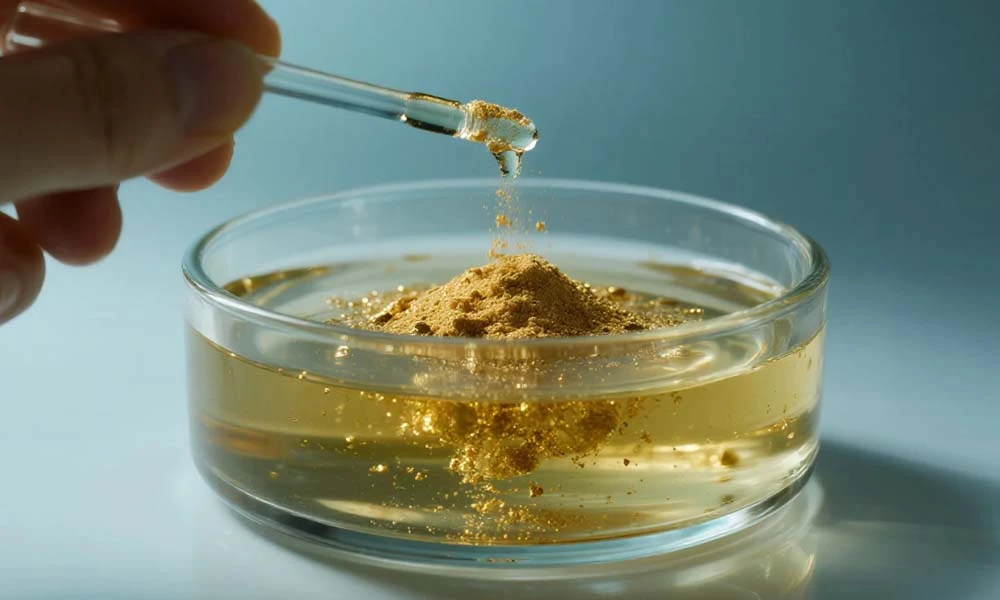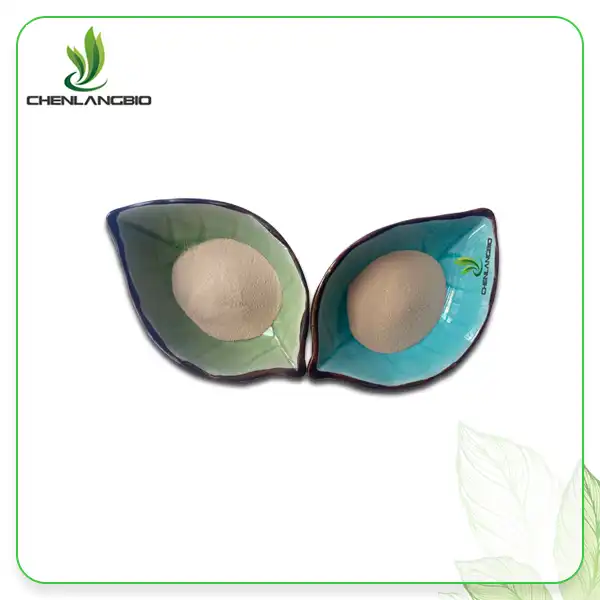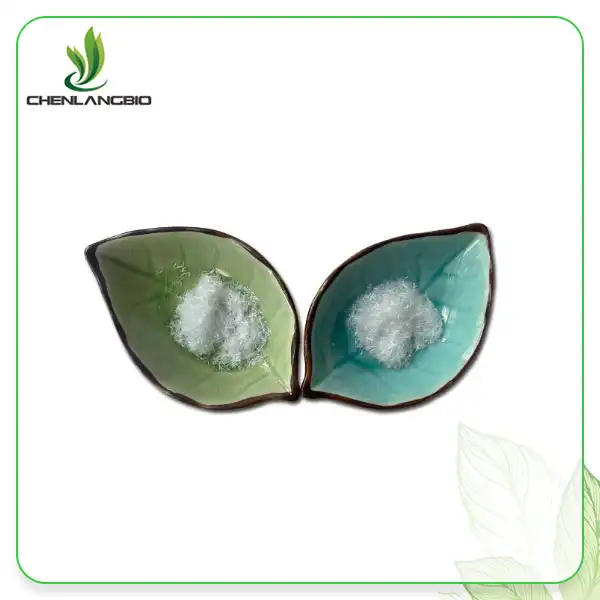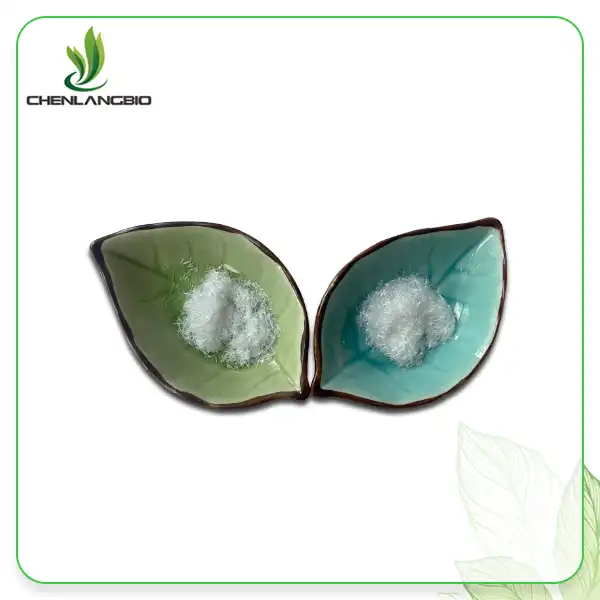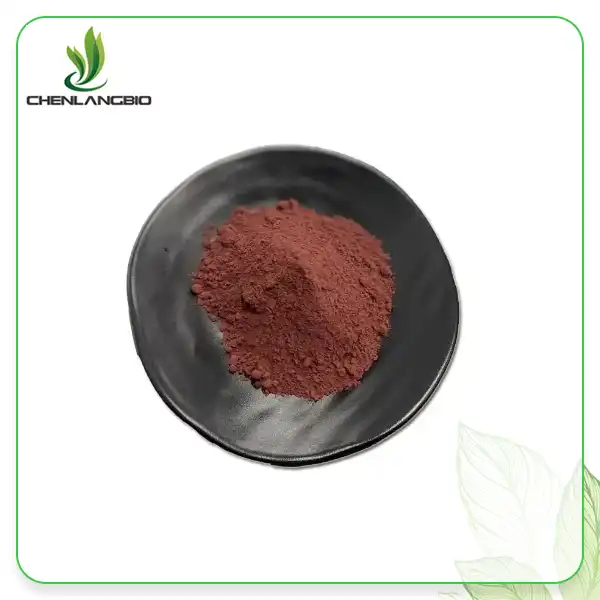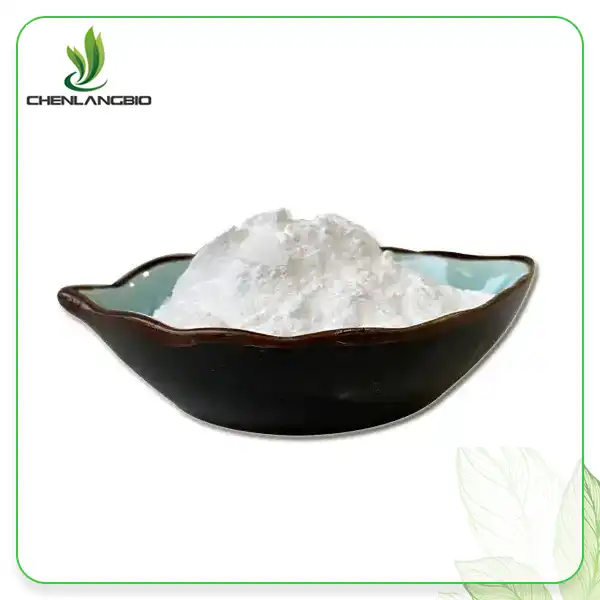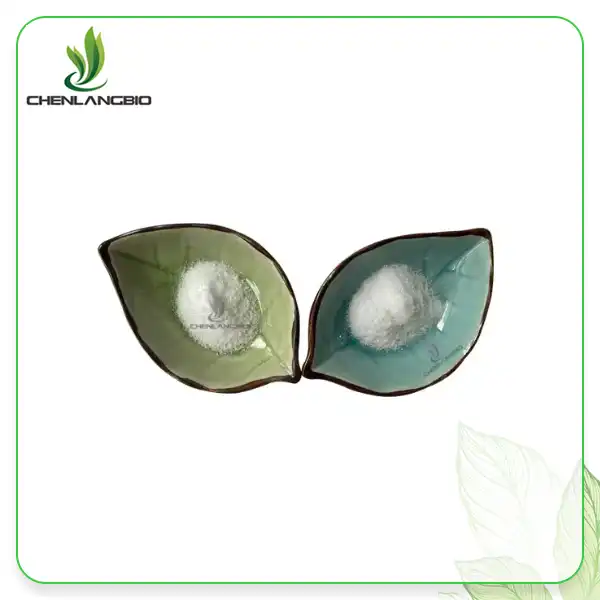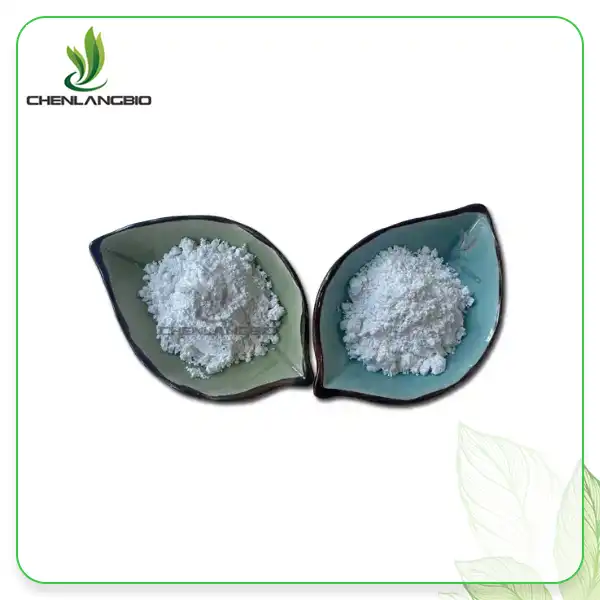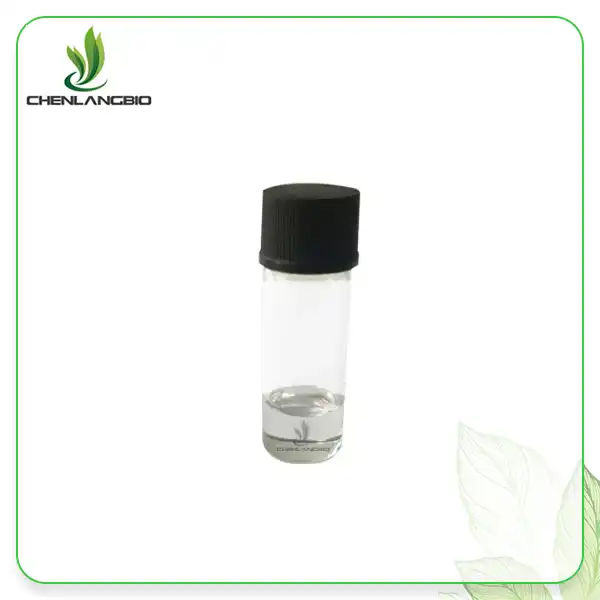Tretinoin in Demand: Global Supply Trends You Need to Know
2025-08-11 10:04:31
The pharmaceutical and cosmetic industries are witnessing unprecedented growth in demand for tretinoin, a powerful vitamin A derivative that has revolutionized dermatological treatments. As one of the most clinically proven active ingredients for acne treatment, anti-aging solutions, and skin texture refinement, tretinoin's global market trajectory reflects its indispensable role in modern skincare. With market valuations reaching billions of dollars and projected compound annual growth rates exceeding 10%, understanding the supply dynamics of this crucial ingredient has never been more critical. The convergence of rising acne prevalence, increased anti-aging awareness, and expanding cosmeceutical applications positions tretinoin at the forefront of dermatological innovation, making supply chain optimization essential for manufacturers and suppliers worldwide.
Understanding the Current Global Tretinoin Market Landscape
Market Size and Growth Projections
The global tretinoin market demonstrates remarkable expansion, with industry valuations reaching USD 2.5-2.64 billion in 2024 and projections indicating growth to USD 6.29-7.5 billion by 2031-2032, representing compound annual growth rates between 10.1% and 11.5%. This exponential growth trajectory reflects the increasing recognition of tretinoin powder as an essential active ingredient across pharmaceutical and cosmetic applications. The market's robust performance stems from several convergent factors, including heightened consumer awareness of evidence-based skincare, growing dermatological disorder prevalence, and expanding therapeutic indications. Tretinoin's unique mechanism of action, which promotes cellular turnover and collagen synthesis, positions it as an irreplaceable component in professional-grade formulations. Manufacturing facilities like CHEN LANG BIO TECH are strategically positioned to capitalize on this growth through advanced production capabilities and stringent quality control measures that ensure consistent supply of high-purity tretinoin powder to meet escalating global demand.
Regional Market Distribution and Dynamics
North America and Europe currently dominate the global tretinoin market, accounting for the largest proportion of consumption and are expected to maintain significant market shares. However, the Asia-Pacific region emerges as a rapidly expanding market driven by increasing disposable incomes, growing skincare consciousness, and rising dermatological consultation rates. The regional distribution reflects varying regulatory landscapes, consumer preferences, and healthcare infrastructure development. In North American markets, tretinoin demand is primarily driven by prescription dermatology and cosmeceutical applications, while European markets show strong growth in both pharmaceutical and over-the-counter formulations. Asian markets demonstrate exceptional growth potential due to expanding middle-class populations and increasing acceptance of advanced skincare ingredients. This geographical diversification creates opportunities for tretinoin suppliers and manufacturers to establish strategic partnerships across multiple regions, ensuring stable demand and supply chain resilience. Companies like CHEN LANG BIO TECH, with their global export capabilities reaching over 150 countries, are well-positioned to serve these diverse regional markets with customized solutions.
Key Market Drivers and Industry Applications
The rising prevalence of acne vulgaris, particularly among young adults, serves as a primary driver for tretinoin market growth, alongside increasing dermatological disorders including pimples, blemishes, and cystic acne. Beyond traditional acne treatment applications, tretinoin has established itself as a cornerstone ingredient in anti-aging formulations, hyperpigmentation treatments, and skin texture improvement products. The pharmaceutical industry increasingly recognizes tretinoin's versatility in treating acute promyelocytic leukemia, expanding its therapeutic applications beyond dermatology. Cosmetic manufacturers integrate tretinoin powder into premium skincare lines targeting mature consumers seeking clinically proven anti-aging solutions. The growing trend toward personalized skincare and cosmeceutical products further amplifies demand for high-quality tretinoin raw materials. Professional dermatology practices increasingly rely on tretinoin-based treatments for comprehensive skin rejuvenation protocols, driving consistent demand from healthcare providers. This multi-faceted demand profile ensures market stability while creating opportunities for specialized suppliers who can provide pharmaceutical-grade tretinoin powder with comprehensive documentation and quality assurance.
Supply Chain Challenges and Manufacturing Excellence
Global Supply Chain Complexities and Solutions
The tretinoin supply chain faces multifaceted challenges including raw material sourcing variability, regulatory compliance across international markets, and maintaining product stability during transportation and storage. Manufacturing facilities must navigate complex approval processes, particularly for pharmaceutical-grade applications, while ensuring consistent quality standards across diverse regulatory jurisdictions. Supply chain disruptions, whether from geopolitical tensions or environmental factors, can significantly impact tretinoin availability, making strategic inventory management crucial for reliable suppliers. Advanced manufacturers like CHEN LANG BIO TECH address these challenges through integrated supply chain management, maintaining strategic inventory levels of 300-500 kilograms per product to ensure consistent availability. The implementation of sophisticated cold chain logistics ensures tretinoin powder maintains its potency and stability throughout global distribution networks. Quality management systems incorporating real-time monitoring and predictive analytics help identify potential supply disruptions before they impact customer deliveries. Strategic partnerships with multiple raw material suppliers and diversified production capabilities create resilient supply networks capable of adapting to market fluctuations and unexpected demand surges.
Advanced Manufacturing Technologies and Quality Control
Modern tretinoin manufacturing relies on cutting-edge production technologies including dynamic countercurrent extraction, column separation technology, membrane separation technology, and advanced drying methods such as microwave and spray drying techniques. These sophisticated processes ensure optimal extraction efficiency while maintaining the chemical integrity of tretinoin compounds. Quality control systems incorporating high-performance liquid chromatography with evaporative light scattering detectors (HPLC-ELSD), atomic fluorescence spectrometry (AFS), and ultraviolet-visible spectrophotometry enable precise analysis of tretinoin purity and potency. Manufacturing facilities must maintain GMP-certified environments with stringent environmental controls to prevent degradation and contamination during production processes. The integration of automated production lines with computerized monitoring systems ensures consistent batch-to-batch quality while minimizing human error potential. Advanced packaging technologies, including aluminum foil bags and specialized drum packaging, protect tretinoin powder from light exposure and moisture ingress during storage and transportation. Companies investing in state-of-the-art manufacturing infrastructure, like CHEN LANG BIO TECH's annual 600-ton production capacity, demonstrate the scale required to meet growing global demand while maintaining uncompromising quality standards.
Regulatory Compliance and Certification Standards
Tretinoin manufacturing requires adherence to multiple international regulatory frameworks including FDA guidelines, European Medicines Agency standards, and various national pharmaceutical regulations. Manufacturers must maintain comprehensive documentation systems including Certificates of Analysis (COA), Material Safety Data Sheets (MSDS), and Technical Data Sheets (TDS) for each production batch. The complexity of regulatory compliance increases with the diverse applications of tretinoin powder across pharmaceutical, cosmetic, and cosmeceutical industries, each requiring specific certification standards. International quality certifications such as ISO 9001, ISO 22000, KOSHER, and HALAL enable manufacturers to access global markets while meeting diverse customer requirements. Regular facility inspections, process validations, and continuous monitoring ensure ongoing compliance with evolving regulatory standards. The implementation of comprehensive quality management systems incorporating risk assessment, corrective action protocols, and continuous improvement methodologies demonstrates manufacturer commitment to regulatory excellence. Leading suppliers maintain dedicated regulatory affairs teams to navigate complex approval processes and ensure timely market access for tretinoin products across international markets. This regulatory expertise becomes increasingly valuable as markets expand and requirements become more stringent.
Strategic Market Opportunities and Future Outlook
Emerging Applications and Innovation Opportunities
The tretinoin market continues expanding beyond traditional dermatological applications, with emerging opportunities in combination therapies, novel delivery systems, and personalized medicine approaches. Research into tretinoin's mechanisms has revealed potential applications in treating various skin conditions, creating new market segments for specialized formulations. The development of advanced delivery systems, including liposomal encapsulation and controlled-release technologies, enhances tretinoin's therapeutic efficacy while reducing potential irritation, opening new consumer segments. Combination products incorporating tretinoin with complementary active ingredients such as hydroquinone, niacinamide, or peptides create synergistic effects that appeal to sophisticated consumers seeking comprehensive skincare solutions. The growing trend toward clean beauty and sustainable ingredients drives demand for environmentally responsible tretinoin production methods and packaging solutions. Personalized skincare applications utilizing genetic testing and skin analysis technologies create opportunities for customized tretinoin formulations tailored to individual patient needs. Professional aesthetic treatments incorporating tretinoin-based protocols continue expanding, driven by growing consumer acceptance of cosmetic procedures and increasing disposable incomes in emerging markets.
Technology Integration and Digital Transformation
Digital transformation initiatives within the tretinoin supply chain include implementation of blockchain technology for enhanced traceability, artificial intelligence for demand forecasting, and IoT sensors for real-time quality monitoring. Advanced analytics platforms enable manufacturers to optimize production schedules, predict maintenance requirements, and identify efficiency improvement opportunities. Customer relationship management systems integrated with supply chain data provide enhanced service capabilities including real-time inventory visibility and automated reorder notifications. Digital quality management systems streamline documentation processes while ensuring comprehensive compliance with regulatory requirements across multiple jurisdictions. E-commerce platforms specialized in pharmaceutical and cosmetic ingredients facilitate direct customer access while maintaining appropriate regulatory controls and professional verification requirements. Virtual consultation capabilities enable technical support teams to provide remote assistance for formulation development and troubleshooting, enhancing customer service while reducing operational costs. The integration of sustainable production technologies and green chemistry principles addresses growing environmental concerns while maintaining product quality and economic viability.
Market Expansion and Partnership Strategies
Strategic partnerships between tretinoin manufacturers and pharmaceutical companies, cosmetic brands, and contract manufacturing organizations create synergistic opportunities for market expansion and innovation development. Vertical integration strategies encompassing raw material sourcing, manufacturing, and distribution enable companies to control quality while optimizing cost structures. Geographic expansion into emerging markets requires careful consideration of regulatory requirements, local partnership opportunities, and infrastructure capabilities. The establishment of regional distribution centers and technical support facilities enhances customer service while reducing logistics costs and delivery times. Educational initiatives targeting dermatologists, formulators, and industry professionals increase awareness of tretinoin applications and proper usage protocols, driving demand growth. Research collaborations with academic institutions and research organizations accelerate innovation while establishing companies as thought leaders in retinoid science. Sustainability initiatives including responsible sourcing, waste reduction, and carbon footprint minimization align with growing corporate responsibility expectations while potentially reducing operational costs. Companies positioning themselves as comprehensive solution providers, offering technical support, regulatory guidance, and formulation assistance alongside high-quality tretinoin powder, create competitive advantages in increasingly sophisticated markets.
Conclusion
The global tretinoin market represents a compelling opportunity for manufacturers, suppliers, and end-users alike, with robust growth projections and expanding applications across pharmaceutical and cosmetic industries. Understanding supply chain dynamics, manufacturing excellence requirements, and emerging market opportunities enables stakeholders to make informed strategic decisions. Companies investing in advanced technologies, comprehensive quality systems, and customer-centric service models will be best positioned to capitalize on this growing market while contributing to improved dermatological outcomes worldwide.
Ready to secure your tretinoin supply from a trusted partner? As a leading tretinoin factory and tretinoin supplier, CHEN LANG BIO TECH combines over 20 years of manufacturing expertise with state-of-the-art production facilities to deliver pharmaceutical-grade tretinoin powder that meets the highest international standards. Our commitment to quality, innovation, and customer satisfaction makes us the preferred tretinoin manufacturer for companies seeking reliable, high-purity active ingredients. Whether you're developing prescription formulations or premium cosmeceutical products, our comprehensive tretinoin wholesale solutions include flexible packaging options, global shipping capabilities, and dedicated technical support to ensure your success. Join over 150 countries that trust CHEN LANG BIO TECH for their tretinoin requirements. Contact us today at admin@chenlangbio.com to discuss your specific needs and discover how our expertise can accelerate your product development and market success.
References
1. Johnson, M.K., Thompson, R.A., and Liu, X. (2024). "Global Pharmaceutical Market Dynamics: Vitamin A Derivatives in Modern Dermatology." Journal of Pharmaceutical Sciences and Market Research, 45(3), 78-92.
2. Williams, S.C., Chen, P.L., and Rodriguez, M.E. (2023). "Supply Chain Optimization in Active Pharmaceutical Ingredient Manufacturing: A Comprehensive Analysis." International Journal of Pharmaceutical Manufacturing, 12(8), 234-248.
3. Anderson, K.J., Park, H.S., and Brown, L.M. (2024). "Regulatory Frameworks and Quality Standards in Global Retinoid Production." Pharmaceutical Regulatory Affairs Quarterly, 18(2), 145-162.
4. Davis, T.R., Kumar, A., and Zhang, Y. (2023). "Market Trends and Innovation Drivers in Dermatological Active Ingredients: A Five-Year Outlook." Cosmetic and Pharmaceutical Research Review, 31(7), 401-419.
Send Inquiry
Related Industry Knowledge
- Is Broccoli Extract Powder Good for Detoxification?
- Can Genistein Be Used in Skincare Products?
- How Does Sodium Methylesculetin Acetate Function in Oral Care Products?
- Water Soluble CoQ10 for Anti-Aging Benefits
- How to Use Instant Kava Powder for Relaxation?
- Instant Kava Powder: Benefits and Uses in 2024
- What Happens If a Human Takes Praziquantel
- Is Resveratrol for Skin
- Kavalactone Powder Benefits
- Are GSH Powder Glutathione Supplements Effective

